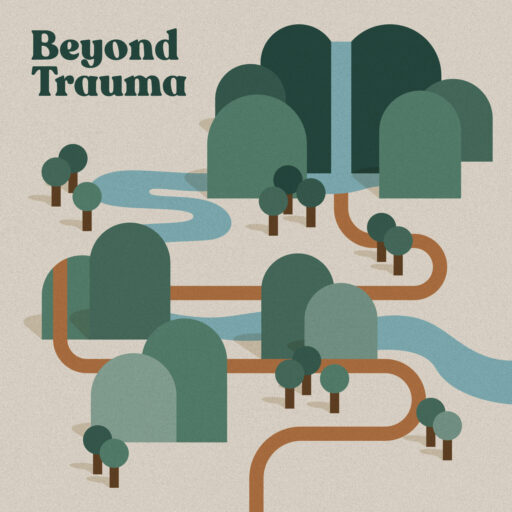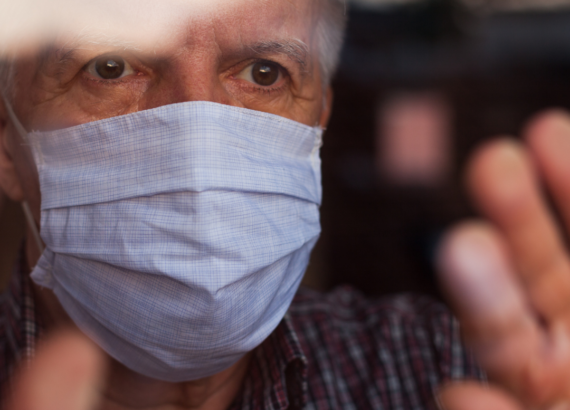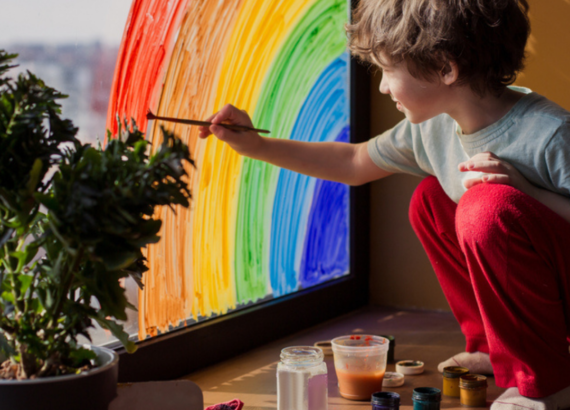Episode 13: Building the Brain

In this episode, we are going to discuss the developmental process of the brain, focusing on how our unique experiences shape the development of the brain.
Join our patreon!
Our brain is shaped by our experiences
- Our brains develop in an experience-dependent way.
- We need various interactions and experiences for the development of our brains. You would not be the same person you are today without the experiences you’ve encountered.
- Small shifts but large impacts
- “How did I see this situation this way but they looked at it this way?”
- The past shapes the present and our predictions for the future.
- “What am I expecting from others?” This happens subconsciously.
Our personality traits
- Those key personality traits are how we describe neurodevelopment. However, we want to go below the surface level to really analyze the functions of the brain.
- This helps us understand our personality traits and how and why they show up in everyday life.
- We view personality traits as an adaptational strategy- we don’t do anything without very good reason.
Neuroscience
- Dr. Dan Siegel – Mindsight
- The Hand Model- a conceptualization tool for the brain with the use of your hand.
- Forearm and wrist: brain stem down to spinal cord
- Thumb: reptilian brain- responsible for sending out quick signals for our survival (fight/flight/freeze)
- Folded over fingers: neo cortex- with lobes on each side.
- Every aspect of our bodies is connected to our brain. Our brain is not just the organ in our skull but it continues throughout our spinal cord and thus is connected to the rest of our body.
- This is a vital and intricate process and is unique for every individual.
- As mentioned earlier, we are evolutionary creatures and so we evolve over time.
The Clay Analogy
- Our hands touch the clay while making pottery in a continuous motion. It must be shaped gently with support to be changed over time.
- Sensitive stages of growth is when the clay is spinning- it can be changed with more ease.
- Non-sensitive stages of growth occurs when the clay is not spinning and you almost have to massage it to get it to change form. It would take a lot more effort to progress with any sort of change.
- However, when too much change in asserted, the clay can begin to wobble and fall apart.
Definition of Trauma
- When something happens that is too much too soon, too much for too long or too little for too long.
- 3 Comparisons:
- Too much too soon- when potters wheel is spinning and someone karate chopped the clay. Way too much impact and will destroy the base structure.
- Too much for too long- someone just decided to slowly push their hand through the middle of the clay. It would shape it in one direction and it would soon fly off the wheel.
- Too little for too long- spinning clay for too long without out any water or too much water, it’ll begin to dry out or become to watery.
- This demonstrates the impact of trauma we’ve experienced through our childhood.
- Look at the small things if no big things stand out.
The way we show up in the world goes beyond our power of choice:
- “I should’ve chosen to not _______.”
- It’s much deeper than the power of choice.
- “You’re gonna “should” all over yourself.”
- Movement when you think you should’ve done something different will begin to affect you over time.
- They result in shame narratives, “I just don’t know what’s good for me.”
- “I should’ve chosen differently.”
Future Terms:
- 3 Parts of the Brain- Triune Brain
- Reptilian Brain
- Mammalian Brain
- Rational Brain
- Right hemisphere
- Left hemisphere



